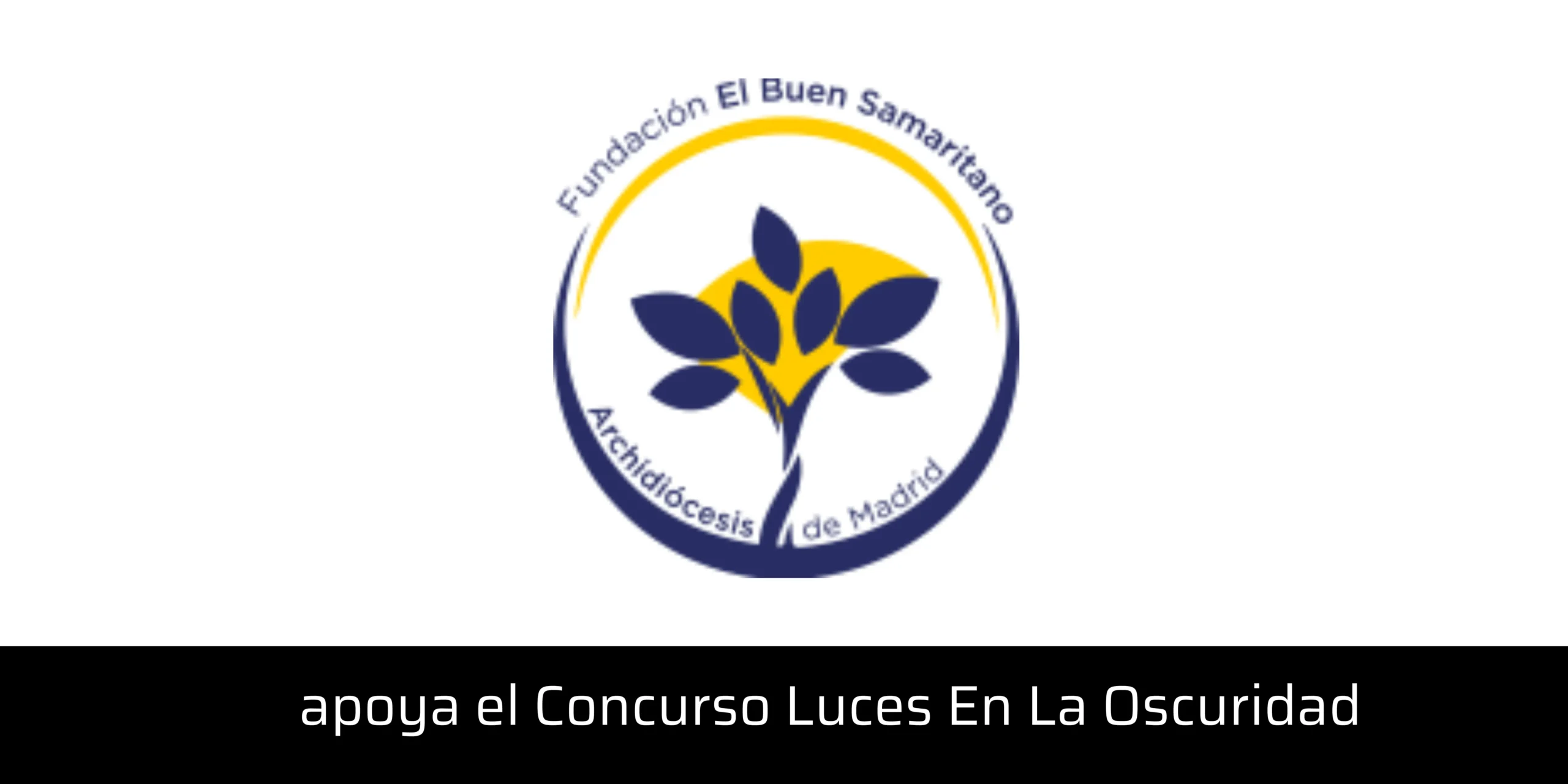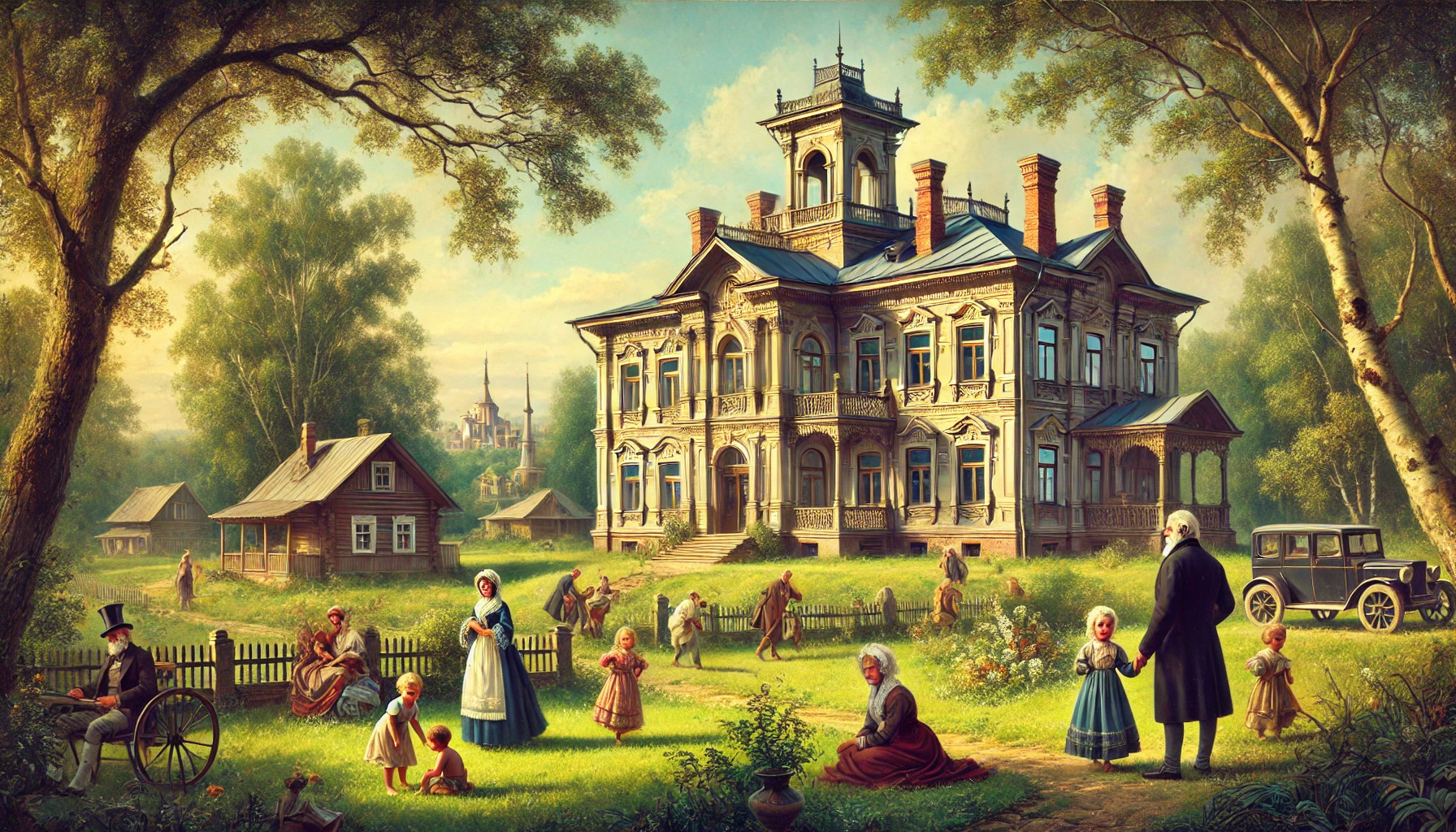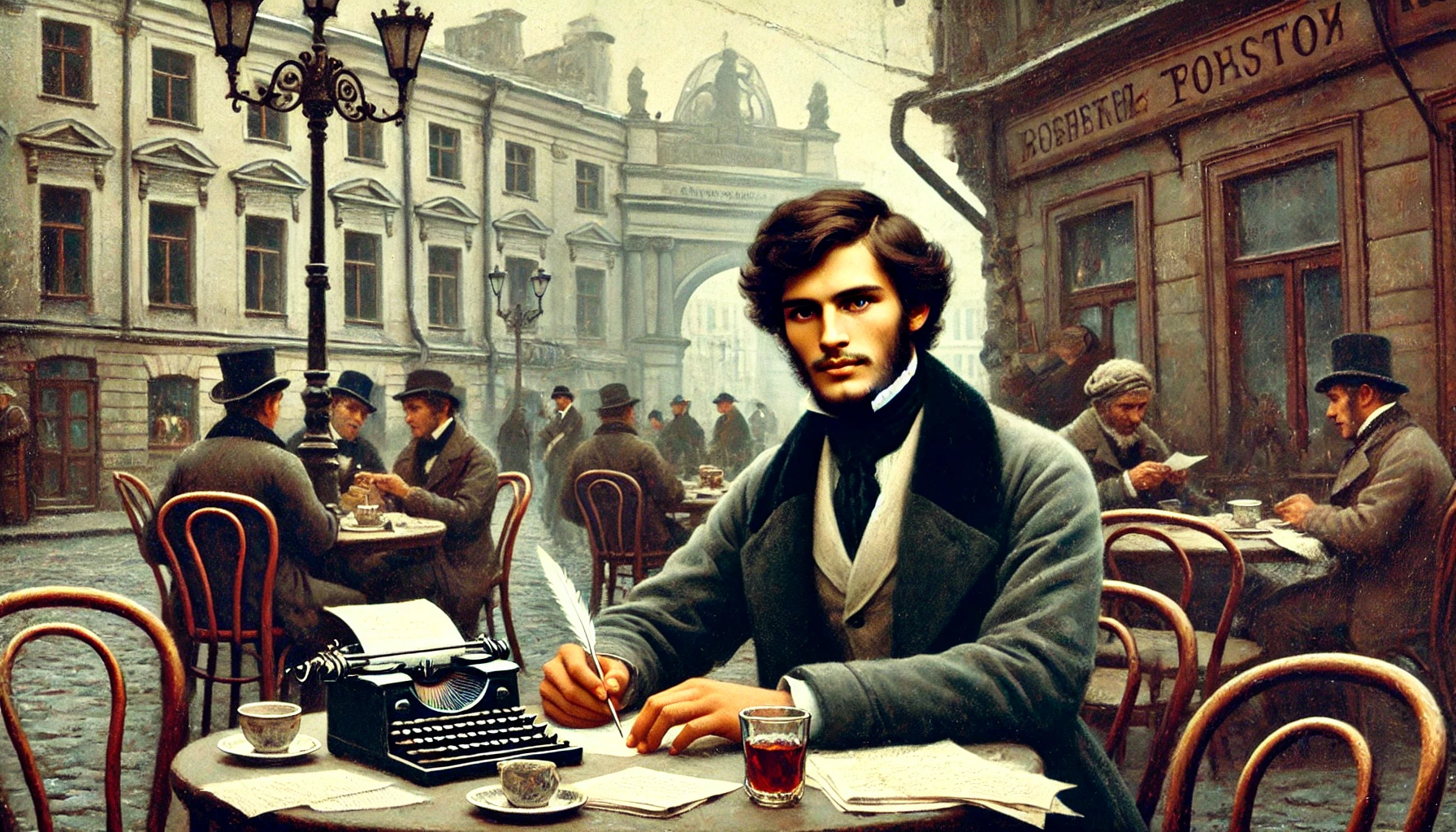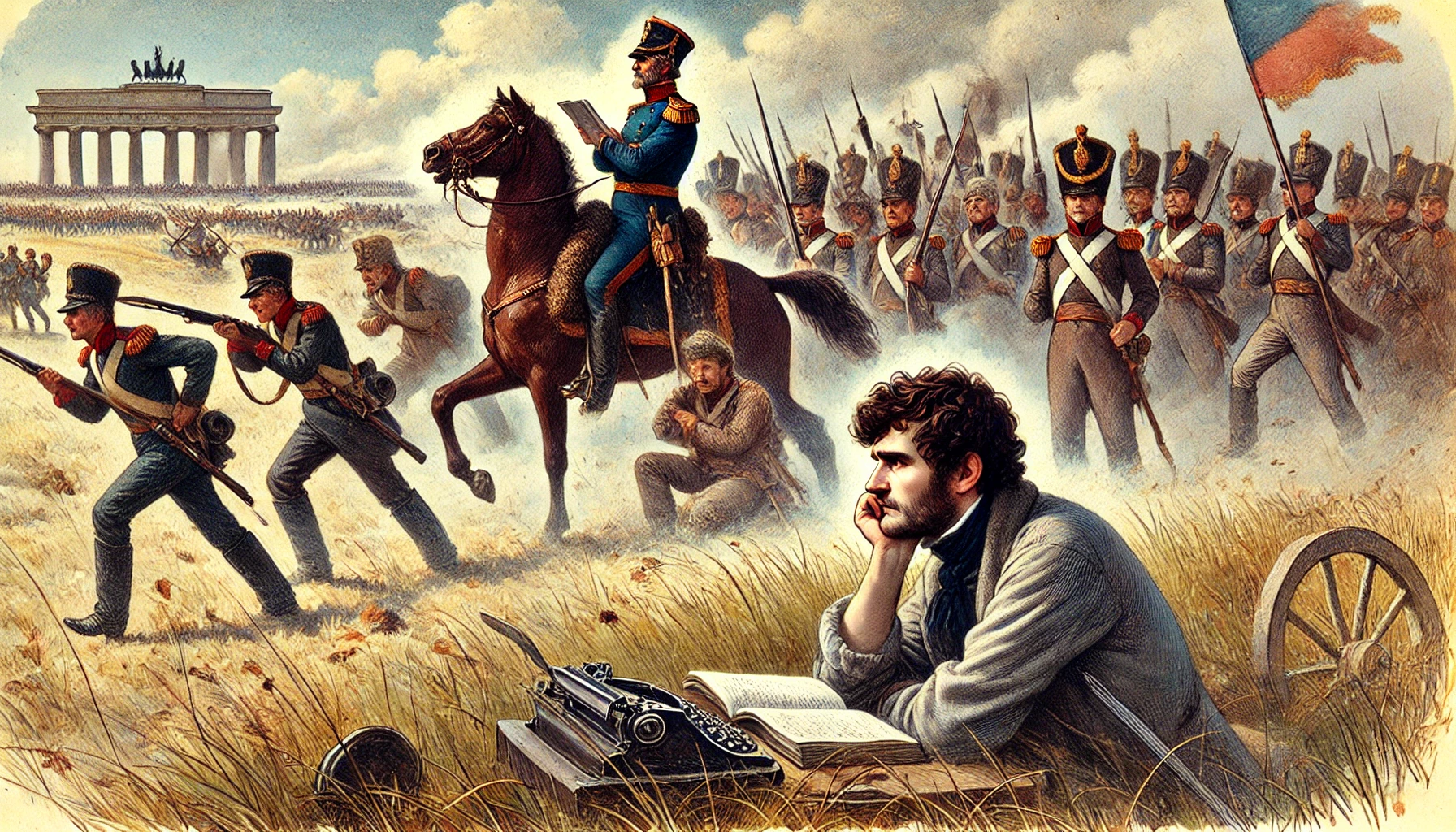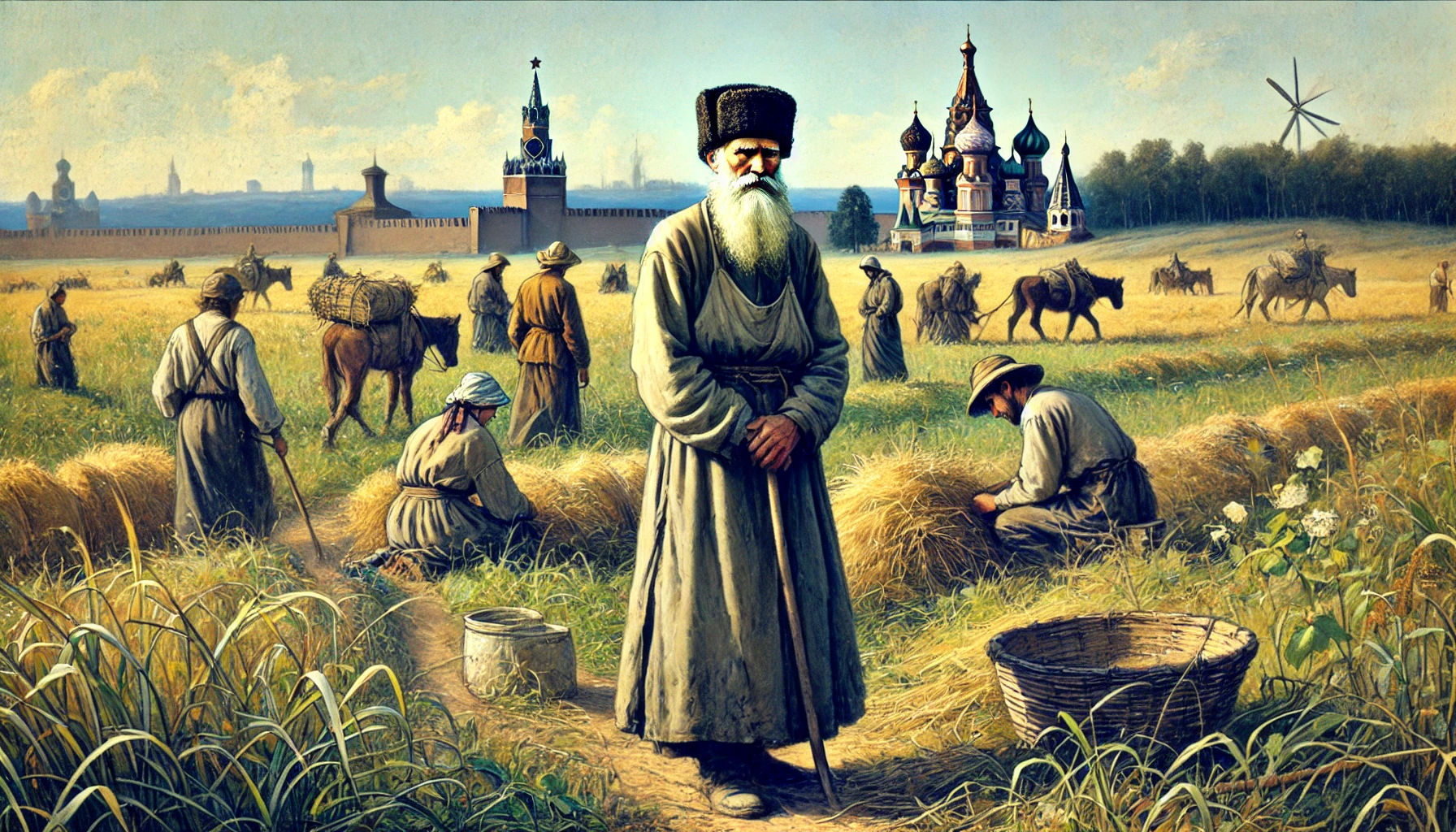A Man of Contrasts
Leo Tolstoy, born on September 9, 1828 in Yasnaya Polyana, Russia, is considered one of the greatest writers of all time. Known primarily for his novels “War and Peace” and “Anna Karenina,” Tolstoy not only left an indelible mark on literature, but also on philosophy and ethics. However, his literary genius went hand in hand with a personal life marked by profound spiritual and mental crises.
A Childhood in the Russian Nobility
Tolstoy was born into an aristocratic family, which allowed him to receive an education that would be unattainable for most Russians of his time. However, tragedy struck early: his mother died when he was only two years old and his father when he was nine. These early losses left an indelible mark on his psyche, instilling in him a sensitivity to human suffering that would be reflected in his work.
Youth and Early Writings
Despite his privileged position, Tolstoy was not a model student. He dropped out of Kazan University without completing his studies and engaged in a life of excess. However, he found his way into literature. His early works, such as “Childhood” and “Adolescence,” show a deep introspection and an innate ability to capture the complexities of human life.
War and Peace: The Rise of a Genius
Tolstoy rose to fame with the publication of War and Peace in 1869, a monumental epic chronicling the lives of several Russian families during the Napoleonic Wars. The novel is acclaimed not only for its realism and psychological depth, but also for its exploration of morality and destiny. But behind this masterpiece was a man struggling with his own demons.
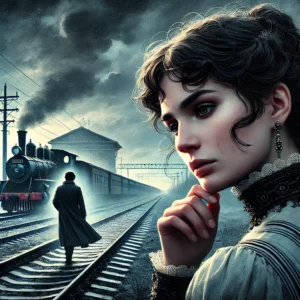
Anna Karenina and the Spiritual Crisis
In 1877, Tolstoy published “Anna Karenina,” a tragedy that explores love, infidelity and social norms. During this time, Tolstoy began to deeply question the purpose of life.
The spiritual crisis led him to a radical transformation, embracing a form of anarchist Christianity and rejecting all social institutions, including church and state.
The Quest for Simplicity
As he grew older, Tolstoy increasingly distanced himself from his aristocratic life. He adopted a simple lifestyle, advocated nonviolence, and championed the rights of the peasants. However, this transformation also caused tensions in his family life, especially with his wife Sophia, who did not share his extreme ideals.
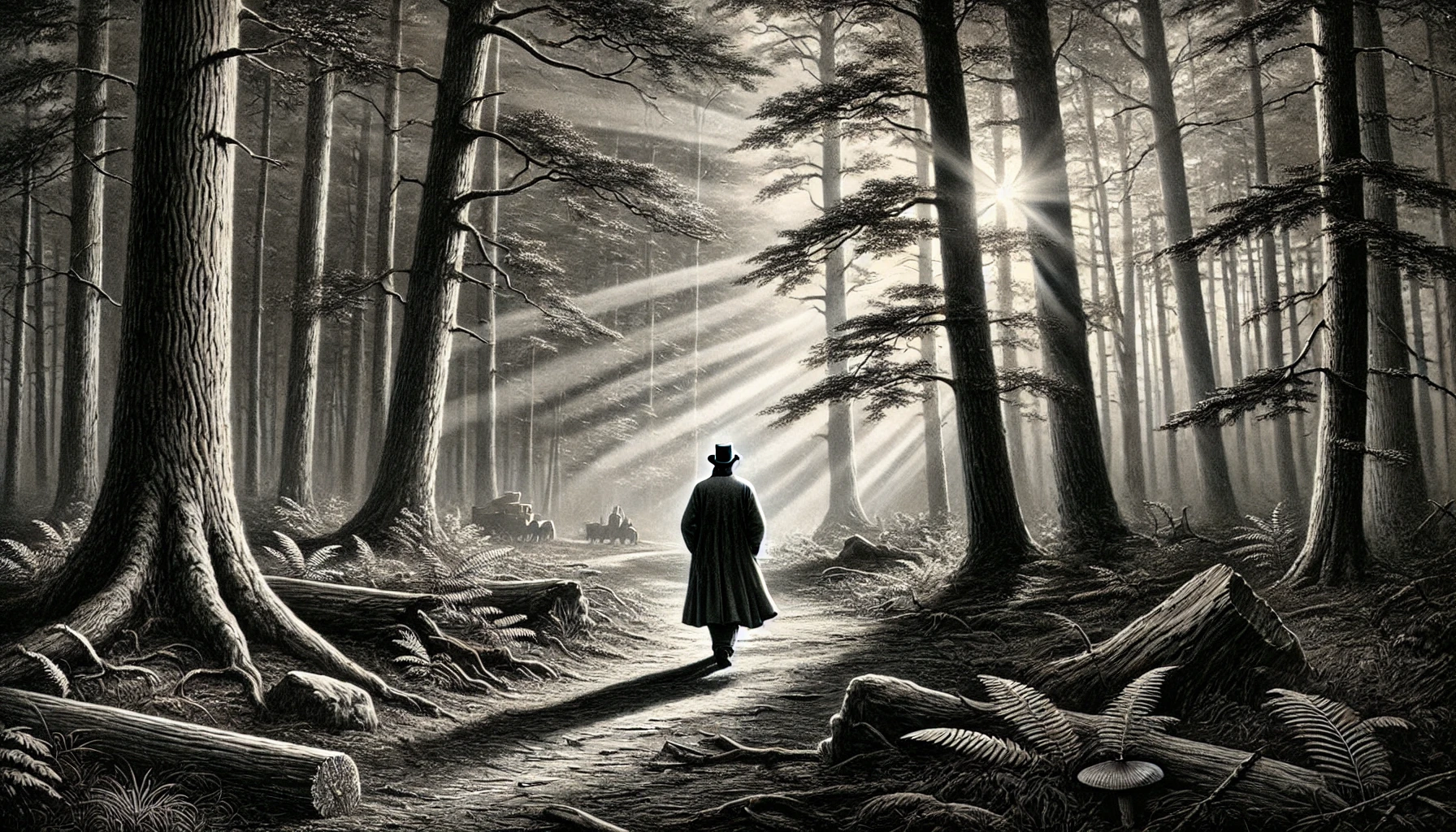 Mental Struggles and Legacy
Mental Struggles and Legacy
Tolstoy struggled throughout his life with deep depression and existential crises. His search for truth and authenticity led him to constantly challenge the social and moral norms of his time. Despite his internal battles, his work remains a source of inspiration and reflection for millions of people around the world.
Major Works by Leo Tolstoy
- War and Peace (1869)
- Anna Karenina (1877)
- The Death of Ivan Ilyich (1886)
- Resurrection (1899)
- Confession (1882)
NOTE: The images in this article are merely illustrative and were created with artificial intelligence.
Sources
- Bartlett, Rosamund. Tolstoy: A Russian Life. Houghton Mifflin Harcourt, 2011.
- Maude, Aylmer. The Life of Tolstoy. Oxford University Press, 1930.
- Wilson, A. N. Tolstoy: A Biography. W. W. Norton & Company, 1988.

